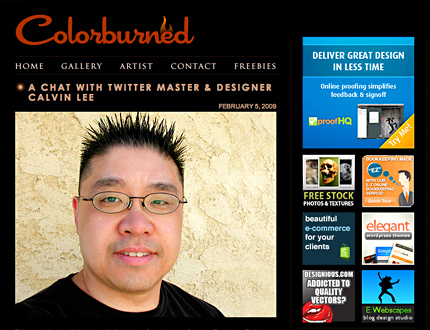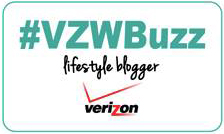When starting out on your own for the first time it can be very scary, not knowing when your next pay check will be coming from. I wish I had information that was available to me back then to help ease the transition into flying solo.
I was lucky enough to work at a small marketing firm on my first job. I worked there for about two years before it went out of business but during those two years. I did learn the ins and outs of running a design firm, working with clients and print shops, prepping press ready files, juggling many projects and the business end of design.
These are thirteen tips I believe you should know about before going solo. I hope they useful and helpful to you. If you have any other tips to add, please feel free to comment below.
Be honest with yourself – Know your strengths and weaknesses. Surround yourself with good people that compliment your weaknesses. Be sure that you know your stuff; design and the process from concepts to print production to web design.
Learn from your day job – Learn everything you can before going on your own, from your day job. Like how to run a business, invoicing, billing, estimates, working with print shops, preparing print ready files, working with clients, file management, etc.
Saved your pennies – Save up some money before starting out on your own. It can be very tough getting your name out there in the beginning. Back up money, can really help you through those dry times.
Dealing with clients - Be patient with clients and educate them on your process. Never let them see you sweat. Be cool and level headed, even with the difficult ones. It’s about what you can do for them.
Be organized – Set up all your folders for each project. Place all paperwork related to the project in the folders: estimates, invoices, emails, correspondence, design, concepts, etc., so that it can be found easily. Also set up job folder on your computer for each project; concepts, layered files, text, etc.
Learn the business side – Make sure you learn about the business side of design; getting the proper licenses, permits, taxes, business forms, dealing with clients, self-promotion,
getting new clients, etc., when starting a business.
Taxes – Read up and research about which taxes apply to you. Tax breaks, licenses, permits and
what you can write off, etc., to insure not to get penalized by the IRS.
Branding - Brand yourself, let potential clients see you as a brand/product, a total package. Everything should look similar: logo, resume, business cards, marketing materials, signage, website, etc.
Make Connections – Make connections and network within/outside of your industry before going solo. It makes it a lot easier when you're on your own. It's who you know most of the time. You never know, who may refer you through word of mouth.
Contracts - Before you start any project or do any kind of work. Always get a signed contract and a 25%-50% deposit. A
contract protects you and your client from any miscommunications. A 25%-50% deposit insures that the client is serious about working with you. Consult an attorney once you have drafted a contract, to cover all your bases.
Business Forms - When starting out in any business, it's very important having a logo, business cards or stationery, so you look professional. It's equally important having
business forms that help in organizing and running of your business.
Creative Brief - It's a good idea to get some background information about your client before starting on any project. It will help to met client goals and expectations. Using a
creative brief will help accomplish this.
A creative brief lays out the visual design directions to explore and the objectives of the project. Using the information on the form to make sure that we are both focused and are on the same page throughout the creative process to deliver the clients message.
Website - Make sure you have a website or a place to display your work with all your information. If you're not comfortable with building a website yourself. There are many
free online web galleries you can use.
Labels: Branding, Business of Design, Contract, Creative Brief, Creatively Self-Employed, Design, Design Tips, Self-Promotion, Solo, Taxes





